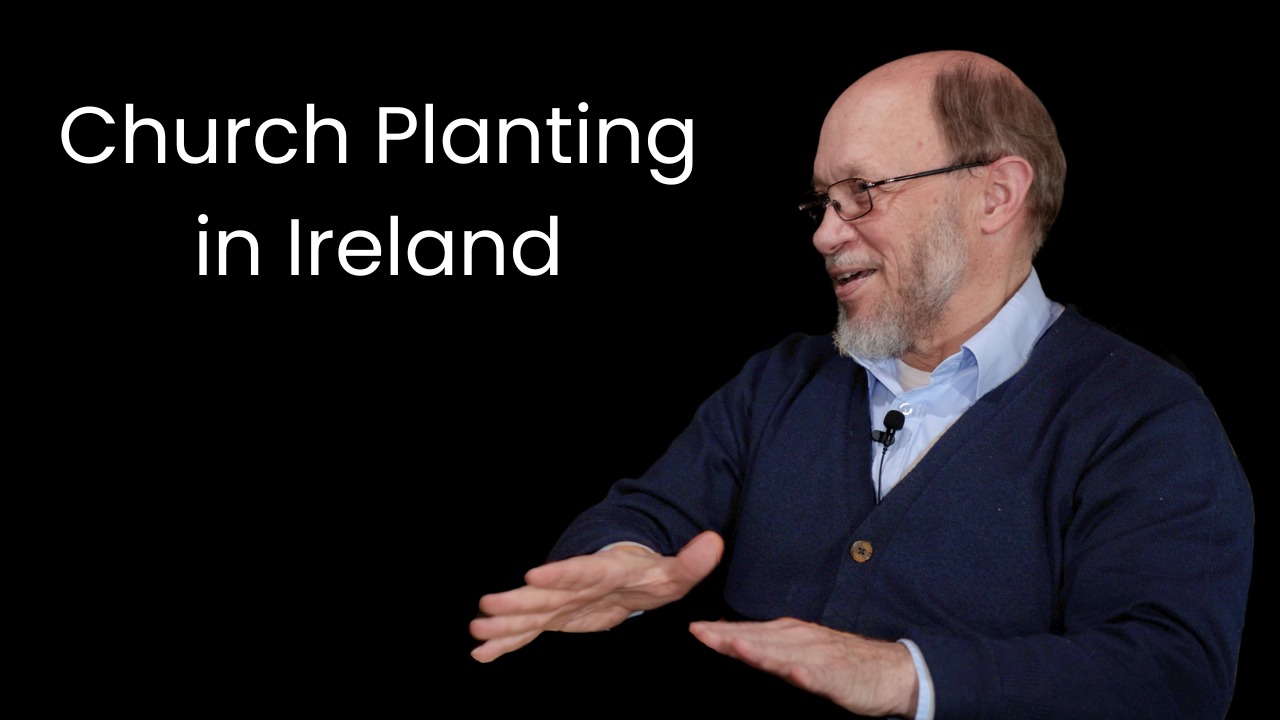Teaching Children How to Relate to Children from Other Cultures
Healthy children are very relational beings. They enjoy being around other children as well as adults. It has been interesting and enjoyable to watch how children interact with each other. When they meet other children who they do not know, there is often not much said at first. Normally they do best if there is something they can do together. It usually doesn’t take long at all until they are playing together, and enjoying each other’s company. Talking and learning to know one another progresses quite naturally as they play together. They may end up sitting and talking together as friends.
So how does this work when children are from very different cultures? Sometimes they do not speak the same language. It still works basically the same way it does with children of similar culture and religion as them. They can be very different in language, skin color, culture and religion. This is typically not seen as something bad or weird in emotionally healthy children. Children see normal as what their parents and others in their lives consider to be normal. If parents and peers around our children see normal as primarily interacting with our own cultural or people group and religion, our children will as well. If we are cultivating and valuing friendship with folks from different cultures and even religions, then our children will view this as normal. One simple example I recall was having a business phone call while holding my -three-year-old son on my lap. When I finished the call, he asked what the man’s name was on the phone call. When I told him “Eddie”, he thought that it was a strange name. He didn’t seem to think that the Arabic names he heard regularly were strange at all.
As parents, we rightfully see our children as our most prized possession on this earth. We will do anything possible to protect them from physical, emotional, and spiritual harm. So, what about the question of influence on our children by children from other faiths. We should consider this carefully. Children really are dependent on their parents. There is a lot that they don’t choose. As parents we choose where we will live and who we will regularly interact with. So, we really are responsible to safeguard them as well. If we have young children and we are going to interact with other people and other families from different cultures, then our children will need to as well.
Are there dangers and risks associated by a lot of interaction with children of other faiths? Yes, just as, there are risks to almost anything in life. I am often reminded of the story that Jesus told of the talents. One man was scared to lose the one talent he was given. In order to ensure he would at least keep what he was given, he hid the talent. This might seem wise because. what if he tried to gain more and ended up losing what little he had? Although seeming wise to the natural understanding, this isn’t the way of faith that Jesus was trying to teach us with this story. We have an understanding of the risks, and we don’t want to minimize them. Instead, we want to understand them, then move forward with what God has called us to do in this world. Thankfully, in doing this there are many rewards for us and our children.
So, what are the risks of our children interacting with children of different cultures who do not share our faith? One risk might be that they will question our own faith. After all, if these are really nice people, why do we need to be different from them? In some situations, there are very ungodly influences. Some children have phones and tablets with unfettered access to the internet at young ages. The television might be going at all times in some homes. They might be exposed to a lot of ungodly language. It was embarrassing for us as parents when our three-year-old son picked up some very bad words. Although it was embarrassing and took a little time working with him, he got over that and isn’t scarred for life.
At the beginning of this essay, I mentioned “healthy children”. It is very important to invest in our children, so they are emotionally and spiritually healthy according to their age level. It is very dangerous if they are not able to discuss whatever comes up with us. They need to be confident individuals. They need to know deeply that their parents love them for who they are. This gives them a level of confidence that doesn’t bend easily to bad peer pressure or ungodly influence. They need some connection to a broader Christian community outside of the home as well. Ideally, they can have good relationships in the local church. This gives them reinforcement that we are not the only people who believe and practice the way we do. As parents we need godly heroes of the faith. Our children do as well.
There are many heroes of the faith from both the present time and years gone by. There are faithful men and women walking with God whose lives are worth emulating. As parents we can give them opportunities to mingle with these present-day heroes of the faith. We can note these people’s character and endeavors to our children in ways that teach them that character is worthwhile and something we can strive for as well. As parents we are primarily responsible for our children, but God has given us others who can help a great deal as well. God has designed the church to help our children as well. I am thrilled when I get to watch our children be influenced by godly men and women both young and old. I enjoy pointing out encouraging things about people to our children.
There were points in time when we had many Muslim boys hanging out on our small property. Our oldest son and our next-door neighbor boy were the best of friends. They were always building bicycle ramps on the sidewalk, or a see-saw in the back yard. The garage door was always open with tools available, so bikes could be repaired. There was a lot of good healthy fun to be had so a lot of neighborhood boys kept showing up. They were good boys, and we share some of the same values as their families, but of course there are differences. My wife was really good about keeping an eye on what was going on. She would explain to the ones with phones that we didn’t want them used on our property, as well as explaining why. Setting some boundaries are necessary and totally appropriate.
We have discussed some of the risks, but there are many benefits for our children as well. Even at young ages our children need a sense of purpose in life. This helps them a great deal when they are in situations less than enjoyable for them. When we visit in some homes, sometimes they get bored. These are also good times for them to learn that following Jesus isn’t always about our enjoyment. We have made it a priority to communicate to our children that Christians care for the foreigner and stranger and those less fortunate. They can adopt the vison to share the gospel and provide aid to people as well. If we value and communicate this, they will as well.
When our children observe us communicating the gospel to unbelievers, they naturally long to do the same. When we are praying for people to be drawn to know and follow Jesus, our children adopt this as well. They want to help others and are excited about people hearing about and following Jesus.
Observing good things about other cultures is good for our children. Our surrounding Arab culture is very giving. This has been good for our children to see. Recognizing that people are different, yet still very human with thoughts, feelings, and desires often very similar to us, prevents a strong “us vs. them” attitude.
Interacting with unbelievers allows our children to see the effects of life outside of Christ. They see the results of broken marriages, for example. Many conversations with our children have developed from time spent with unbelievers. They may have observed something or been with us while we are having a conversation with someone. They will often have a question later about something that was said or done. These are opportunities for us to discuss why we follow Jesus, and some really good benefits for doing so.
I am amazed sometimes at the conversations our children will have with their friends about life and religious topics. It is thrilling to see them learn to engage on these matters with those that they love and care about. Let me share a memory of our oldest son who was around eight years old at the time. He was sitting in the backyard with his very good friend who happened to be from Yemen. By observing the boys, you could tell they were having an earnest conversation. Later, our son said they were talking about who Jesus was. He was sharing that he thought Jesus was the one that Moses talked about in Deuteronomy 18. The one who was to come that would be like Moses. It was a beautiful picture of talking about matters of faith with friends we love. They were very respectful and enjoyed each other. They were able to discuss their beliefs in a kind and friendly manner.
Our children’s lives have been incredibly enriched by the exposure they have with others from different cultures and religions. They have blessed children and adults as well. They in turn have been enriched and blessed far beyond any of the things that might have been difficult.
One older brother encouraged me by telling me that “when God calls the parents, He calls the children as well”. He went on to say, “God knows you have children”. This has been a wonderful encouragement. God will provide what we and our children need. We can go forward in confidence. The gospel really is good for all people.








Iva
3 years ago
Thank you for all the episodes! We definitely are strengthened in our faith by the many topics you have covered!The topics on nonresistance not voting etc were especially strengthening for us !it seems that many have forsaken that teaching!the Trump era has really brought it to light!thank you again!